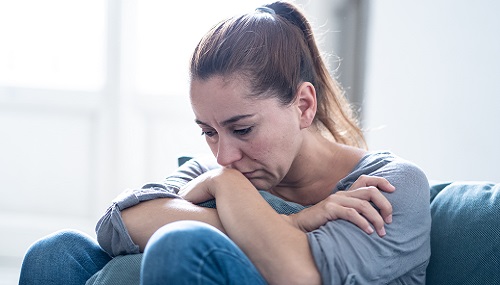Scientific publications
Moulton, V, Sullivan, A, Patalay, P, Fitzsimons, E, Henderson, M, Bann, D, Ploubidis, G (2023)
Association between psychological distress trajectories from adolescence to midlife and mental health during the pandemic: evidence from two British birth cohorts
Psychological Medicine
Moulton, V, Sullivan, A, Goodman, A, Parsons, S, Ploubidis, G (2023)
Adult life-course trajectories of psychological distress and economic outcomes in midlife during the COVID-19 pandemic: evidence from the 1958 and 1970 British birth cohorts
Social Psychiatry and Psychiatric Epidemiology
Bryson, A, Conti, G, Hardy, R, Peycheva, D, Sullivan, A (2022)
The consequences of early menopause and menopause symptoms for labour market participation
Social Science and Medicine
Blanchflower D, Bryson A (2021)
Taking the Pulse of Nations: a Biometric Measure of Well-being
National Bureau of Economic Research (working paper)
Parsons S, Sullivan A, Fitzsimons E, Ploubidis G (2021)
The role of parental and child physical and mental health on behavioural and emotional adjustment in mid-childhood: a comparison of two generations of British children born 30 years apart
Longitudinal and Life Course Studies
Parsons, S, Sullivan, A, Moulton, V, Fitzsimons, E, Ploubidis, G (2021)
The relationship between child behaviour problems at school entrance and teenage vocabulary acquisition: a comparison of two generations of British children born 30 years apart
British Educational Research Journal
Parsons, S, Bryson, A, Sullivan, A (2021)
Teenage Conduct Problems: A Lifetime of Disadvantage in the Labour Market?
IZA Institute of Labour Economics (working paper)
Blanchflower, D, Bryson, A (2021)
Unemployment Disrupts Sleep: evidence from the United States and Europe
Economics and Human Biology
Blanchflower, D (2021)
Biden, COVID and Mental Health in America
National Bureau of Economic Research (working paper)
Blanchflower, D, Bryson, A (2021)
The consequences of chronic pain in mid-life: evidence from the National Child Development Survey
QSS working paper series
Piper, A, Blanchflower, D, Bryson, A (2021)
Does pain lead to job loss? A Panel Study for Germany
National Bureau of Economic Research (working paper)
Peycheva, D, Sullivan, A, Hardy, R, Bryson, A, Conti, G, Ploubidis, G (2021)
Risk factors for early natural menopause: evidence from the 1958 and 1970 British Cohorts
medRxiv (pre-print)
Moulton, V, Sullivan, A, Patalay, P, Fitzsimons, E, Henderson, M, Bann, D, Ploubidis, G
Association between psychological distress trajectories from adolescence to midlife and mental health during the pandemic: evidence from two British birth cohorts (2021)
medRxiv (pre-print)
















